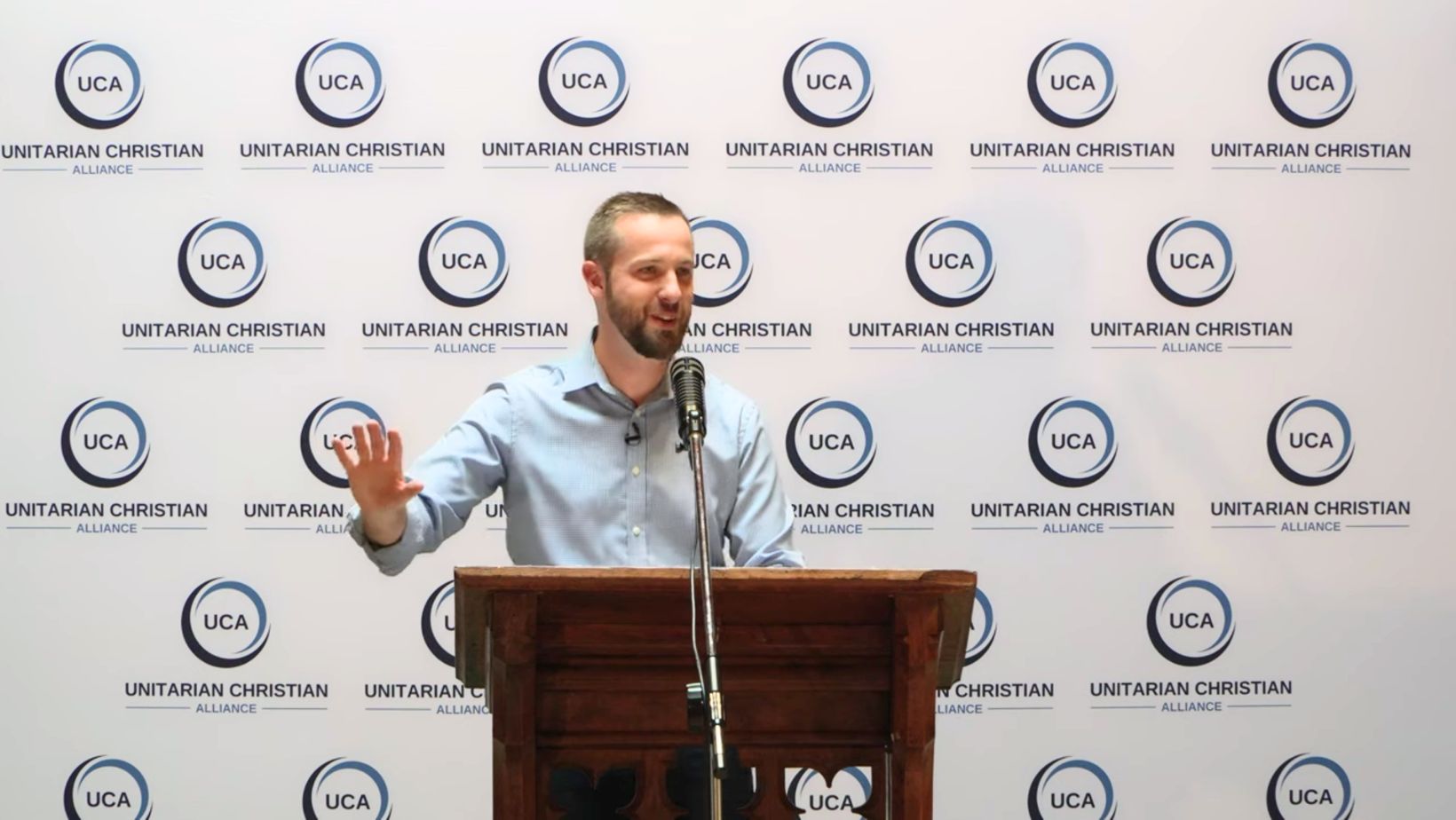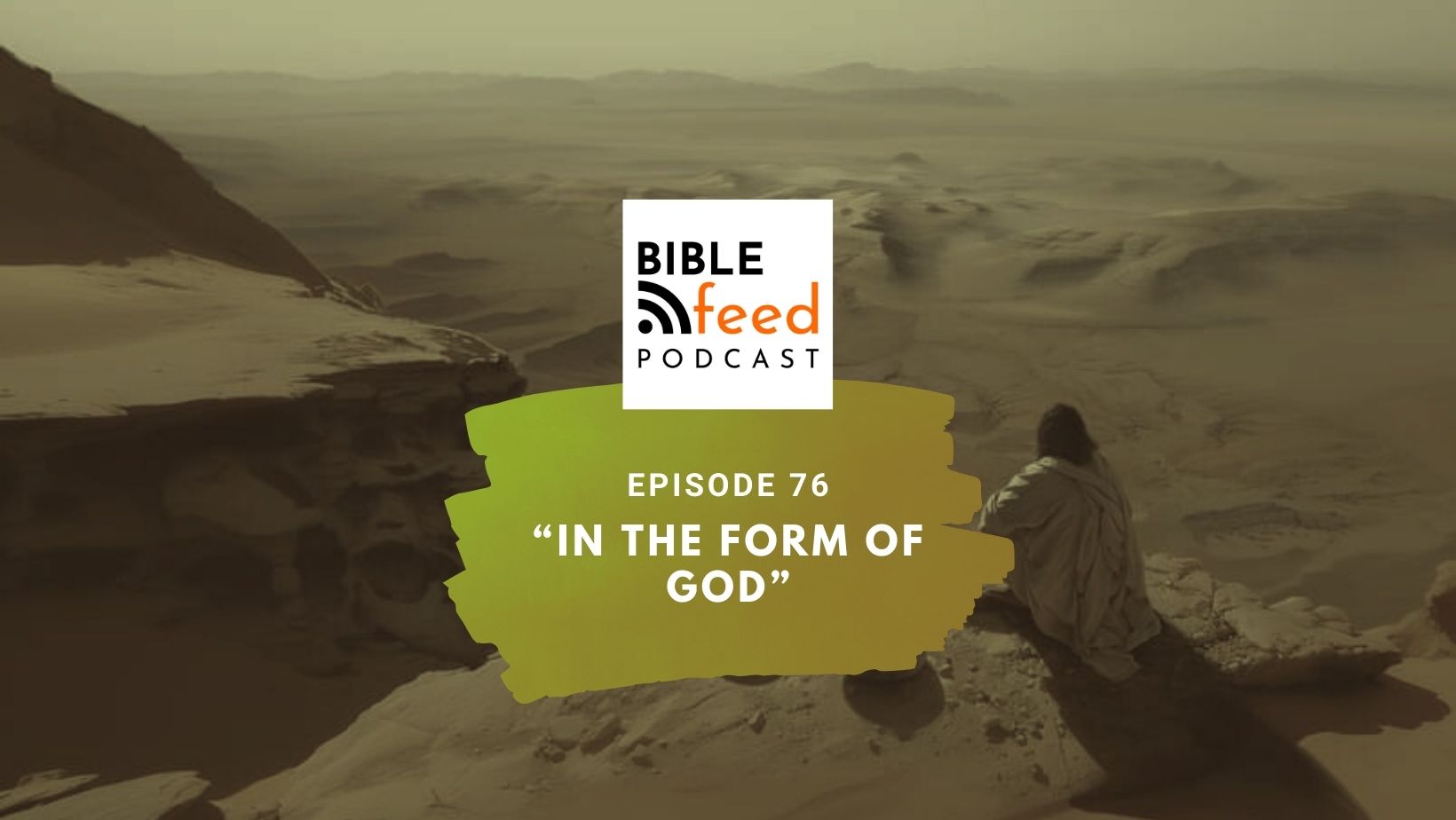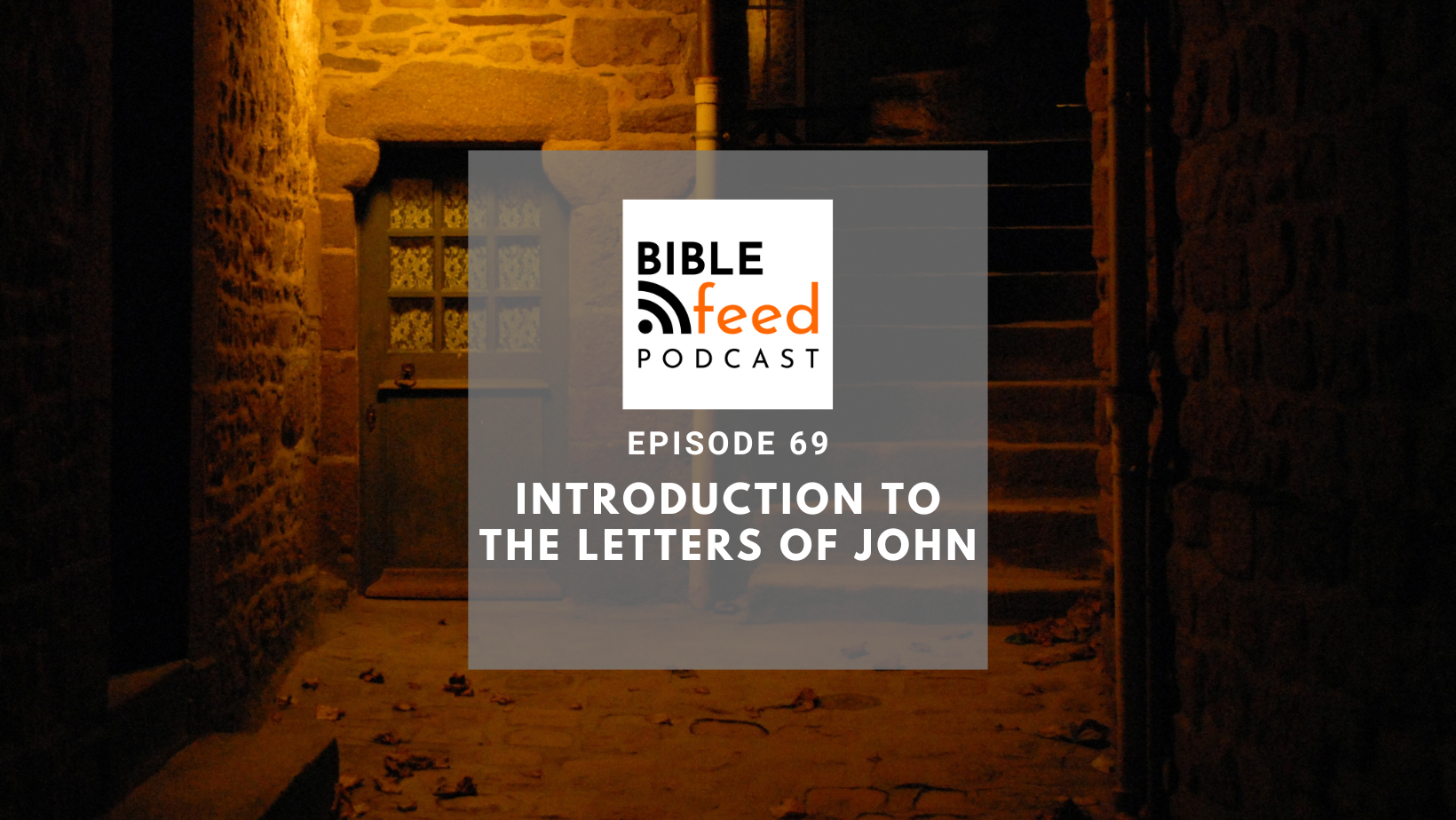Host Dan Weatherall talks with Sam Mansfield from Australia, delving into the Nicene Creed's origins, historical context, and importance. They explore early Christian doctrinal developments, the controversies leading up to and following the Council of Nicea in 325 AD, and the eventual establishment of the Trinitarian doctrine by the Council of Constantinople in 381 AD. Through a series of quotes from Christadelphian writings from the 19th and early 20th century, the discussion highlights the doctrinal shifts and theological debates that shaped early Christianity, and reflects on the necessity of adhering to Bible based creeds for contemporary Christians.
Is it accurate to say that "God hung on the cross" or "God died for me"? That was the topic of co-host Dan's paper at the UCA Conference in July 2024. Watch the presentation and read more detailed responses to some of the questions to see why we think that it wasn't God on the cross.
Dan reviews Wisdom Christology in the Gospel of John, a book by Dustin R. Smith that seeks to open up the Jewish background to the fourth gospel. Smith argues that the wisdom literature of Proverbs and beyond is the basis for John's unique presentation of Jesus as the embodiment of God's wisdom. Find out more and get a glimpse into the research that goes on behind the scenes at Bible Feed as preparation for our podcasts!
Paul and Dan talk with Dale Tuggy and Mark Cain to find out about all the work they do with the Unitarian Christian Alliance (UCA) including their upcoming first conference outside the US to be held in Windsor, London 25 July 2024. They also discuss how increasing numbers of people are coming to understand the Biblical God, rather than one of the many 'trinity theories'. Learn more about how you can help the growing network of people coming to a Biblical understanding of God and his son Jesus!
Philippians 2:5-11 is often assumed to be about the incarnation of the Son, but does that stand up to scrutiny when you look at it in detail? We consider five reasons to doubt that interpretation.
In this episode, instead of a high level overview, we delve deep into one complex and much debated passage in Philippians 2 which says that Jesus was "in the form of God". We navigate through various translations, interpretations, and biblical contexts to uncover the essence of this pivotal scripture.
Dan and Laurence step into the New Testament for an introduction to the three letters of John. After exploring the stark contrasts and Torah references in the first letter they then see how the second and third letters apply the theory from the first letter to two opposite situations. And finally, little children, keep yourselves from idols...uh?
In the dead of night, in the middle of the sea of Galilee under a ferocious storm, Jesus appears walking on the waves towards his disciples. He calms the sea and the boat is immediately at land and safety. It's no wonder that the disciples were amazed at this. What did this mean? If Jesus could control creation by walking on the raging sea, does that make him divine? Does walking on water show that Jesus is God?
How can Jesus uniquely be called the Son of God? Does calling him the Son of God make him Deity in any sense? What is Jesus claiming when he says he is the Son of God? All these questions and more are considered in this episode.
Who is God addressing in Genesis 1:26 when he says "Let us make man in our image"? Is this evidence for the Trinity? Despite the verse often being used in this way, it doesn't take long to find some problems with this conclusion.










